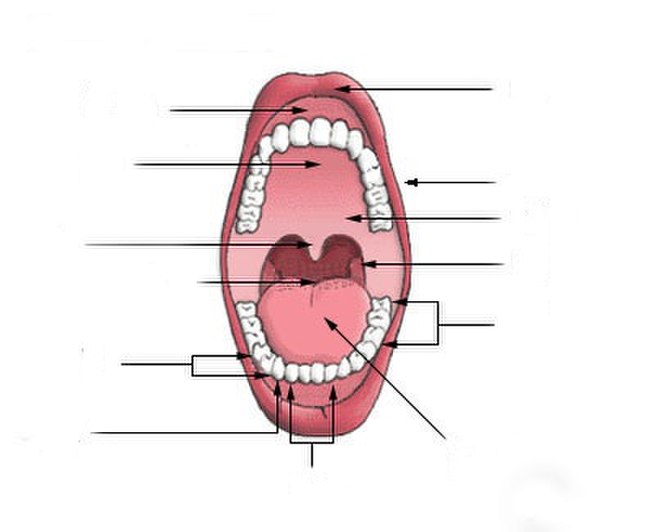
-
Deaf
Hearing loss, also known as hearing impairment, is a partial or total inability to hear. A deaf person has little to no hearing. Hearing loss may occur in one or both ears. In children hearing problems can affect the ability to learn spoken language and in adults it can cause work related difficulties. In some people, particularly older people, hearing loss can result in loneliness. Hearing loss can be temporary or permanent.
Hearing loss may be caused by a number of factors, including: genetics, ageing, exposure to noise, some infections, birth complications, trauma to the ear, and certain medications or toxins. A common condition that results in hearing loss is chronic ear infections. Certain infections during pregnancy such as syphilis and rubella may also cause hearing loss in the child. Hearing loss is diagnosed when hearing testing finds that a person is unable to hear 25 decibels in at least one ear. Testing for poor hearing is recommended for all newborns. Hearing loss can be categorised as mild, moderate, moderate-severe, severe, or profound. There are three main types of hearing loss, conductive hearing loss, sensorineural hearing loss, and mixed hearing loss.
Half of hearing loss is preventable. This includes by immunization, proper care around pregnancy, avoiding loud noise, and avoiding certain medications. The World Health Organization recommends that young people limit the use of personal audio players to an hour a day in an effort to limit exposure to noise. Early identification and support are particularly important in children. For many hearing aids, sign language, cochlear implants and subtitles are useful. Lip reading is another useful skill some develop. Access to hearing aids, however, is limited in many areas of the world.
As of 2013 hearing loss affects about 1.1 billion people to some degree. It causes disability in 5% (360 to 538 million) and moderate to severe disability in 124 million people. Of those with moderate to severe disability 108 million live in low and middle income countries. Of those with hearing loss it began in 65 million during childhood. Those who use sign language and are members of Deaf culture see themselves as having a difference rather than an illness. Most members of Deaf culture oppose attempts to cure deafness and some within this community view cochlear implants with concern as they have the potential to eliminate their culture. The term hearing impairment is often viewed negatively as it emphasises what people cannot do.
-
Deaf (adjective)
Unable to hear, or only partially able to hear.
-
Deaf (adjective)
Unwilling to listen or be persuaded; determinedly inattentive; regardless.
“Those people are deaf to reason.”
-
Deaf (adjective)
Obscurely heard; stifled; deadened.
-
Deaf (adjective)
Decayed; tasteless; dead.
“a deaf nut; deaf corn”
-
Deaf (noun)
Those who are deaf, taken as a group.
-
Deaf (noun)
A deaf person.
-
Deaf (verb)
To deafen.
-
Mute (adjective)
Not having the power of speech; dumb. from 15th c.
-
Mute (adjective)
Silent; not making a sound. from 15th c.
-
Mute (adjective)
Not uttered; unpronounced; silent; also, produced by complete closure of the mouth organs which interrupt the passage of breath; said of certain letters.
-
Mute (adjective)
Not giving a ringing sound when struck; said of a metal.
-
Mute (noun)
A stopped consonant; a stop. from 16th c.
“occlusive|plosive|stop”
-
Mute (noun)
An actor who does not speak; a mime performer. 16th-19th c.
-
Mute (noun)
A person who does not have the power of speech. from 17th c.
-
Mute (noun)
A hired mourner at a funeral; an undertaker’s assistant. from 18th c.
-
Mute (noun)
An object for dulling the sound of an instrument, especially a brass instrument, or damper for pianoforte; a sordine. from 18th c.
-
Mute (noun)
The faeces of a hawk or falcon.
-
Mute (verb)
To silence, to make quiet.
-
Mute (verb)
To turn off the sound of.
“Please mute the music while I make a call.”
-
Mute (verb)
Of a bird: to defecate. from 15th c.
-
Mute (verb)
To cast off; to moult.
